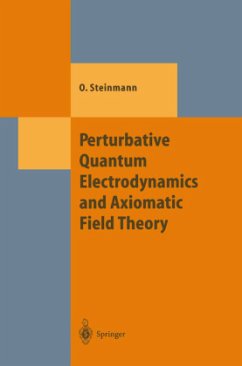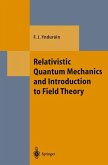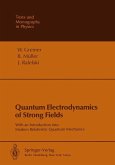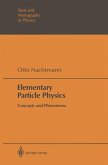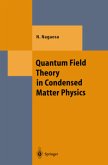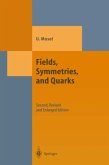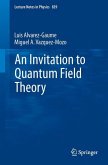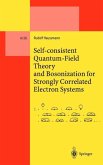This book is concerned with relativistic quantum field theory, especially QED, its most successful example. It is set in the no-man's land between the math ematically rigorous but numerically barren general field theory of the math ematical physicist and the computationally fertile but mathematically some times adventurous field theory of the more phenomenologically inclined, and it aims at demonstrating that closer contact between these two disparate cultures may be of benefit to both. Perturbative QED serves as an exam ple. It is shown how the rules of perturbative quantum field theory, one of the major tools of phenomenology, can be derived from well-defined general assumptions in a mathematically clean way, in particular, not using any reg ularizations. Special emphasis is placed on giving the infrared problem its full due. This leads, among other things, to an unorthodox method based on the local-observables approach to field theory, of describing particles and their reactions. The resulting scattering formalism is immediately applica ble to the infraparticle situation of QED by directly yielding expressions for the observable-inclusive cross sections, dispensing with the notion of an S matrix. Interestingly enough, these expressions differ somewhat from those of the conventional approach. This point will hopefully give rise to interesting and fruitful discussions. I have been working on these sorts of problems on and off for a long time.
"In the authors words: 'This is a frankly idiosyncratic book.' Although to some extent it is a general introduction to the basic problems of quantum electrodynamics (QED), this is given from a particular point of view. [...] The main point of view the author takes is that 'fundamental objects of the theory are quantized fields. Particles play no role in its basic formulation'" (Mathematical Reviews 2002h)

